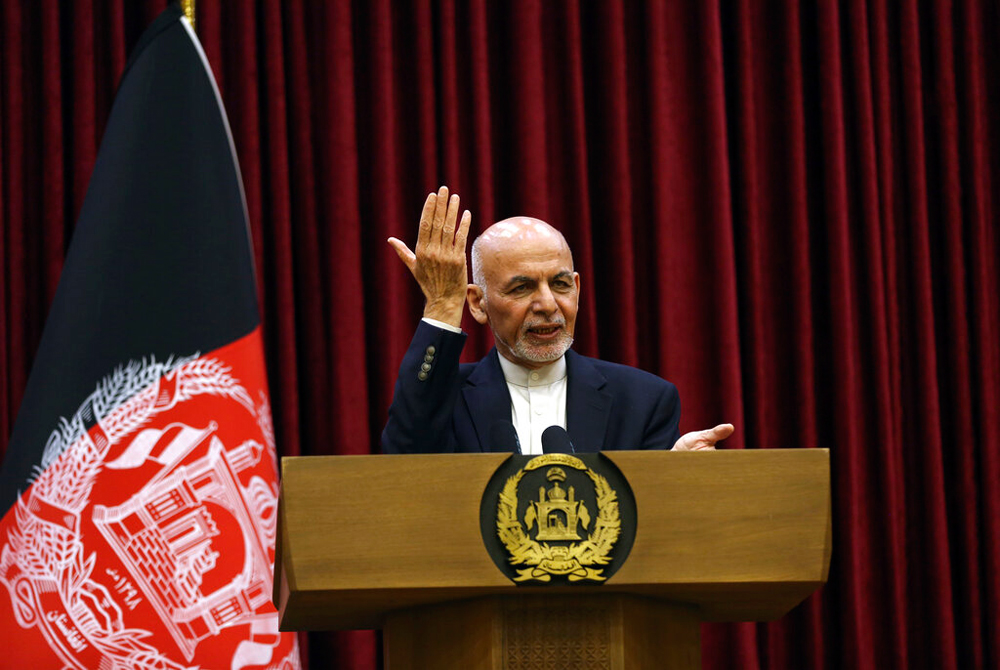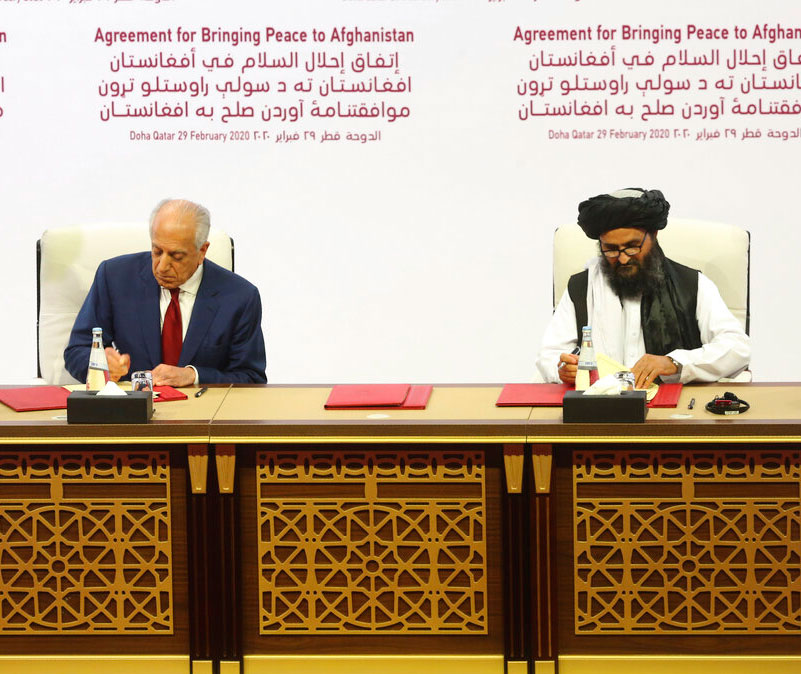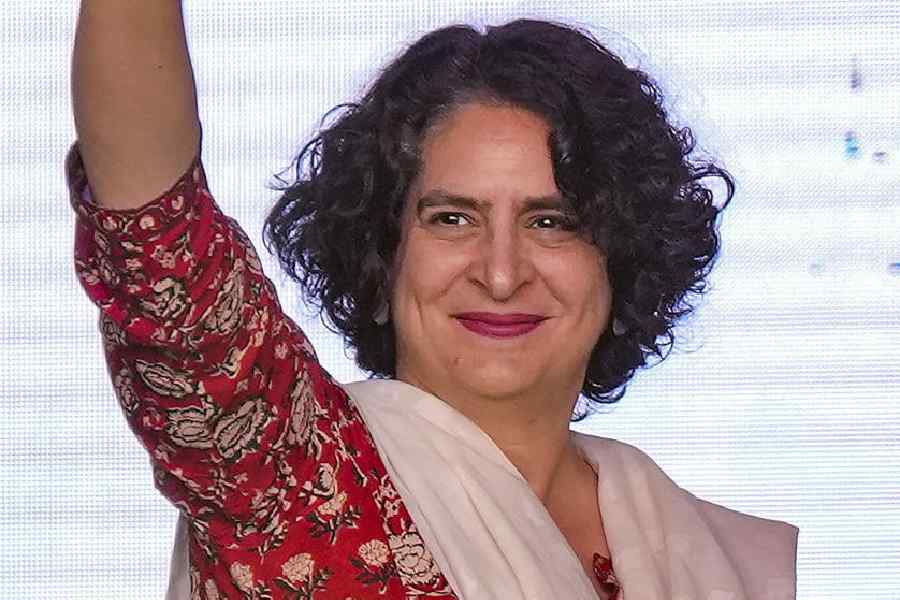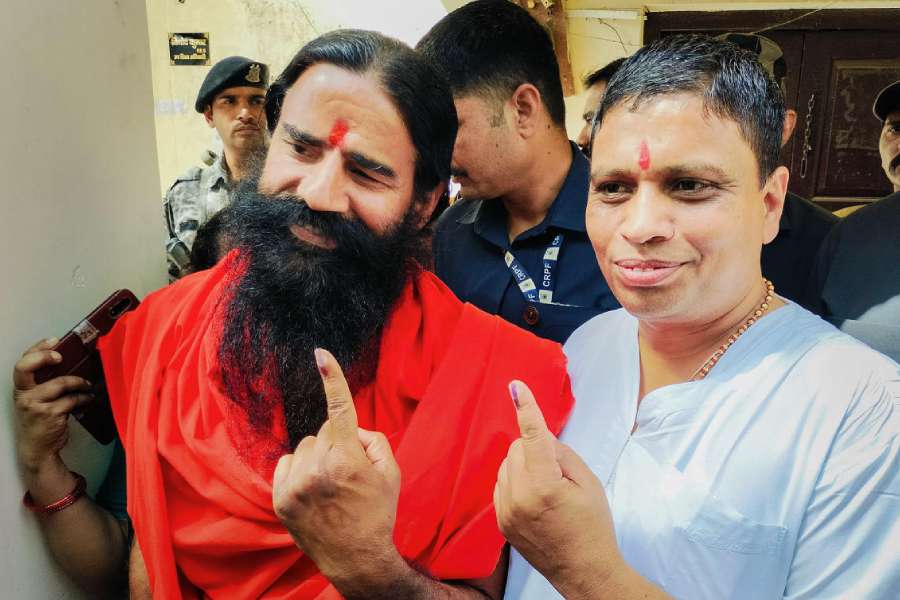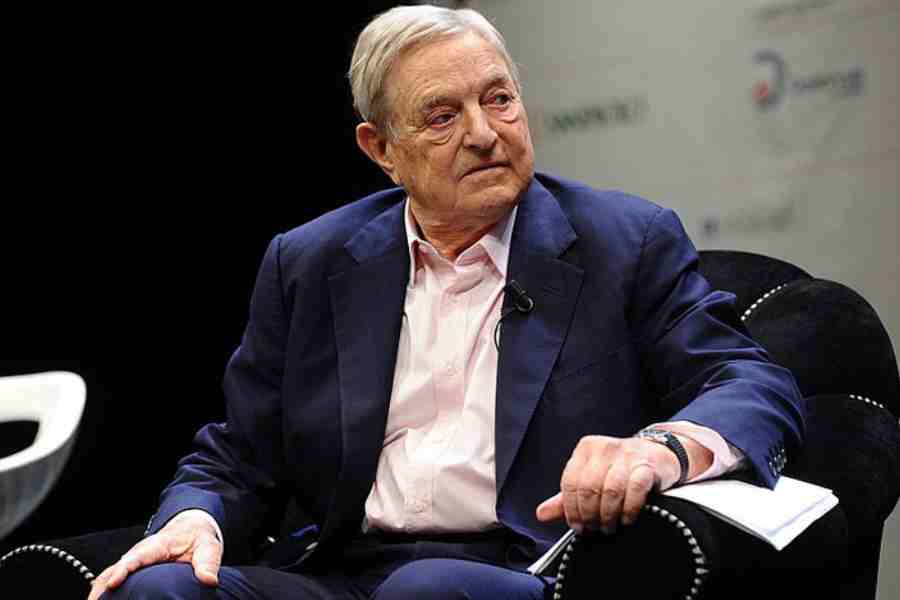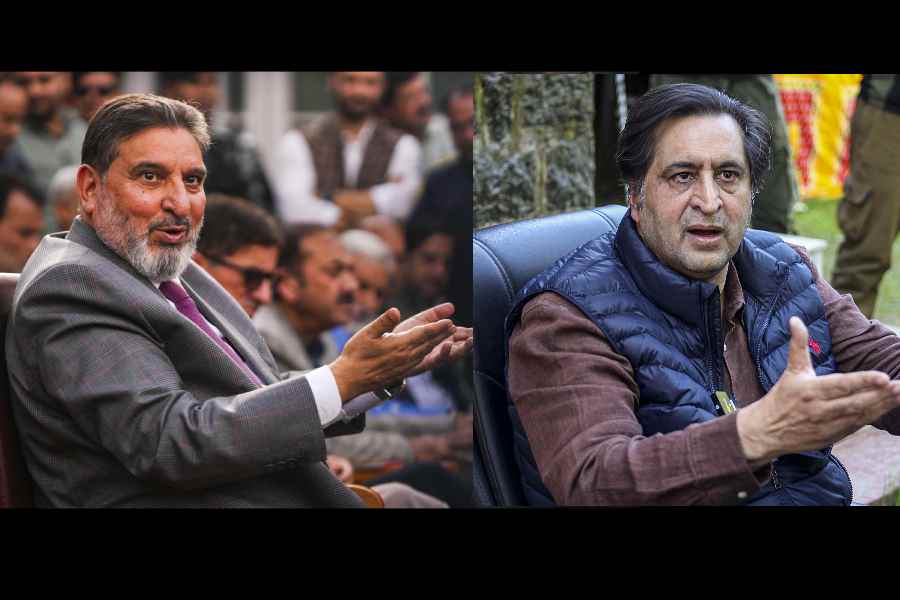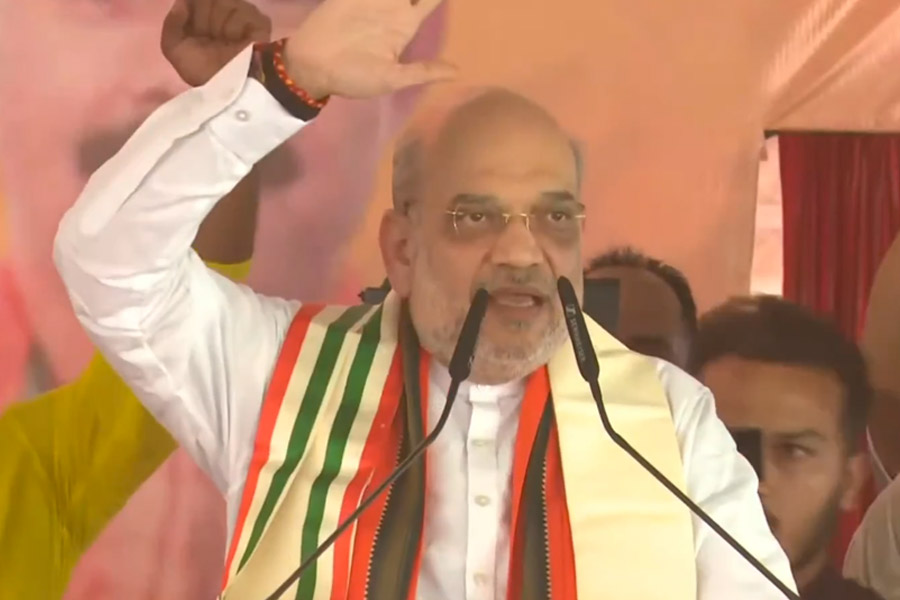Donald Trump, facing the test of presidential re-election, would, understandably, be eager to project the freshly-minted peace treaty on Afghanistan — it was inked in Doha — as proof of his ability to honour electoral pledges. Mr Trump had promised to bring home troops that the United States of America had stationed in Afghanistan for 19 long years. But a fair assessment of the peace deal would only be possible if its terms were to be scrutinized dispassionately. There is concern that Mr Trump — he prides himself in deal-making — and his administration have conceded significant ground to the Taliban, which are in ascendancy, once again, in the war-ravaged nation. The US has stated that it would withdraw all the troops, including those from Nato and coalition members, in 14 months. There is a caveat. Their return is dependent upon the Taliban agreeing not to cooperate with al Qaida and ‘other’ terrorist organizations. New Delhi has reasons to be concerned because neither the Lashkar-e-Toiba nor the Jaish-e-Mohammed — terrorist organizations that have conducted several strikes in India — are covered by the pact. The Taliban seem to have achieved a lot more in these negotiations. An immediate ceasefire on the part of the Taliban was not prioritized by Mr Trump’s negotiators. Neither were the Taliban asked to uphold civil liberties by the US, which has been a votary of, among other cherished ideals, equality, women’s empowerment and the safety of ethnic minorities. But the biggest blow in this contentious peace deal has been reserved for Afghanistan’s government. Its exclusion from the talks and the eventual deal would not only erode its credibility but also erect further road blocks on the path of durable peace among the contesting stakeholders. Already, the Afghan president, Ashraf Ghani, has declared that he would not release Taliban prisoners, a clause that is part of the deal.
New Delhi, much like Mr Ghani’s government, would have little to cheer about. It would have to begin anew its engagement with the Taliban. The rebuilding of trust is not going to be easy, given India’s proximity to Mr Ghani’s dispensation and its troubled ties with the Taliban. Pakistan’s encouragement in souring this brittle relationship cannot be ruled out either. The US withdrawal has effectively weakened the leverage that India and other proponents of a stable, inclusive Afghanistan commanded. New Delhi, which hosted Mr Trump warmly, has reasons to pout over his ‘achievement’ in the neighbourhood.

